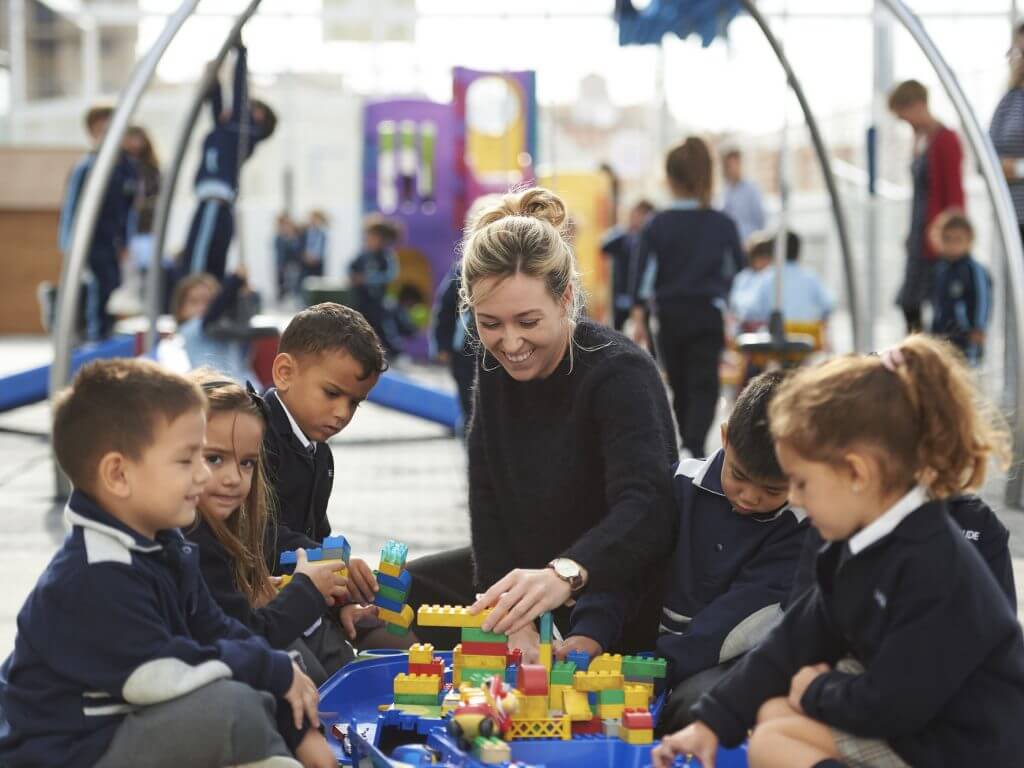EARLY YEARS & FOUNDATION STAGE CURRICULUM
Our Early Years Foundation Stage Curriculum is divided into seven key areas and is taught through continuous provision and via a selection of carefully planned teacher-led activities, using a topic-based approach which incorporates the use of both our inside and outdoor areas. The curriculum focuses on the importance of effective learning through play and the positive social and emotional development of our children.
“Prime areas” are fundamental to building a young child’s capacity to learn and thrive. These key areas of development fully support all other aspects of a child’s learning
The three prime areas highlighted in the Early Years Foundation Stage are:
- Personal, social and emotional development
- Communication and Language
- Physical development
“Specific areas” help our pupils to develop the essential skills and knowledge needed to participate fully and successfully in our society. The four specific areas are:
- Literacy
- Mathematics
- Understanding the World and
- Expressive Art and Design
A detailed summary of each of these areas is provided below:
Personal, Social and Emotional Development
Children will learn to be self-confident, show independence and self-respect. The pupils will become aware of what is right and wrong, learning to behave appropriately when faced with different and new situations. They will learn to respect and share with others, take turns and take account of other pupils’ needs. The children will also be encouraged to work co-operatively in pairs, groups and as a whole class. A child’s successful development in this area underpins the whole EYFS curriculum.
Communication and Language
At the British School of Almería, one of our key aims is to provide our young children with opportunities to experience a rich language environment, which will help to develop their confidence and skills in listening and expression. Our main aim is to develop and extend children’s understanding and language through careful interaction, for example modelling appropriate vocabulary and dialogue.
Physical Development
Pupils learn to move confidently, controlling their body and handling large and small play equipment. They have access to wheeled toys (e.g. bikes, scooters) and learn to manoeuvre them and their bodies with increasing control and co-ordination, showing a growing awareness of space and people. The children start to develop their gross motor skills (large movements) and their fine motor skills (beading, writing, making puzzles, etc.) by handling tools with safety and with basic control.
Literacy
Early Years children are taught to link sounds and letters and to begin to read and write. They are given access to a wide range of reading materials (books, poems and other written materials) to ignite their interest and love of literacy at this early age.
Mathematics
Our pupils develop an understanding of mathematics through stories, songs, games and imaginative play. They count, sort objects and learn to recognise numbers. They use mathematical vocabulary to describe concepts such as shapes, patterns, size, capacity and measures.
Understanding the World
Pupils love to explore and find out about the world around them. They are encouraged to talk about their lives, family members and events in their lives. They learn to investigate places, living things, materials and objects, using their senses. Our children also have access to Information technology, for example computers, electronic toys and smart board technology. They investigate, celebrate and respect other cultures and their beliefs.
Expressive Arts and Design
Creative development has many links with other areas of the curriculum and much of the learning is achieved through creative activities such as collage, printing or painting. This area also involves music, role play and imaginative play. We display children’s work to encourage a sense of pride and achievement, and to celebrate their creativity.
